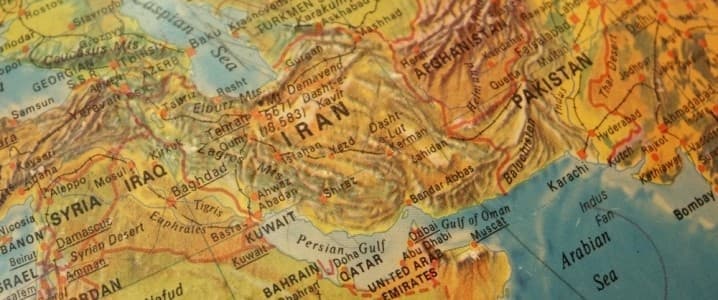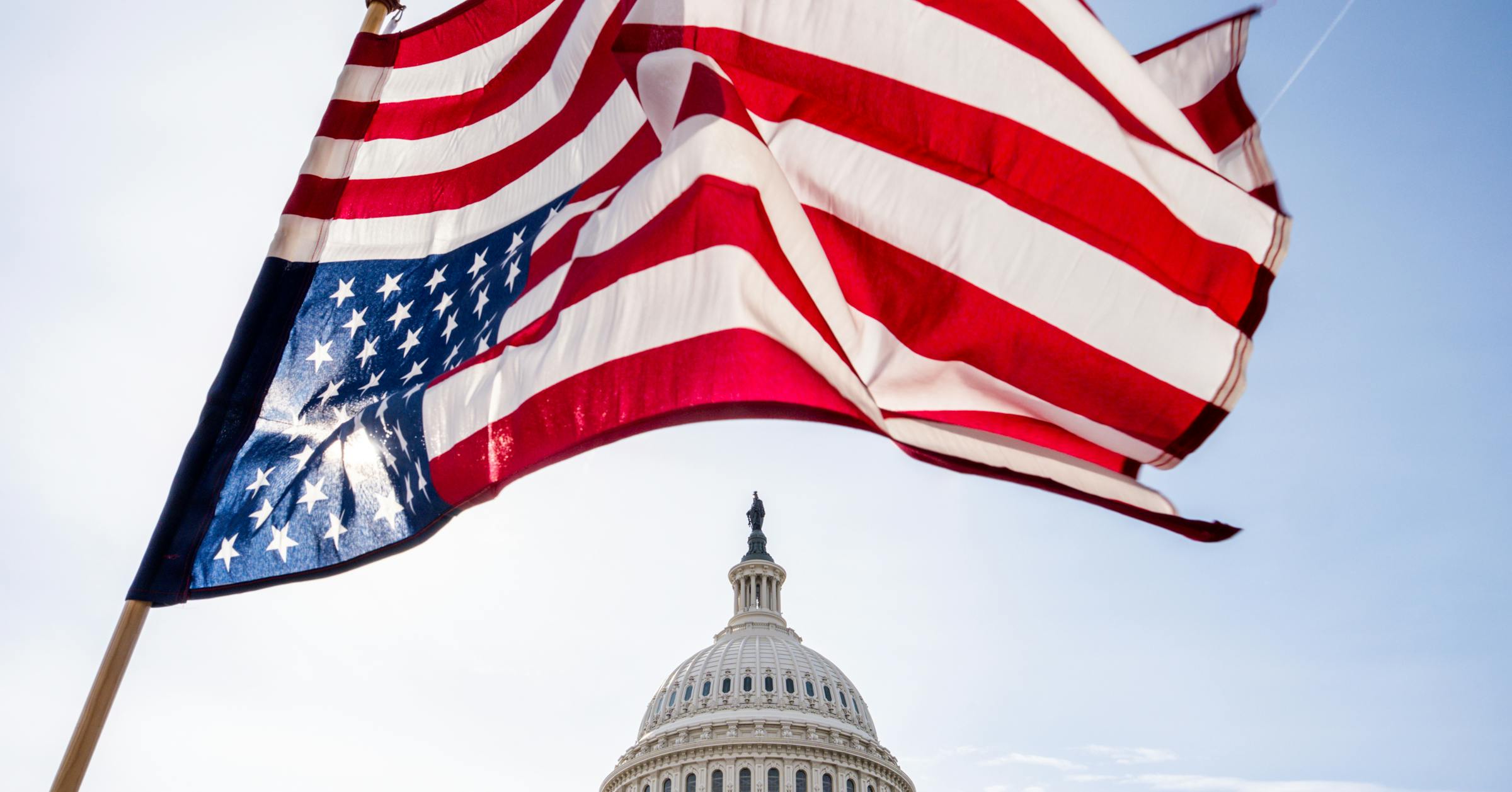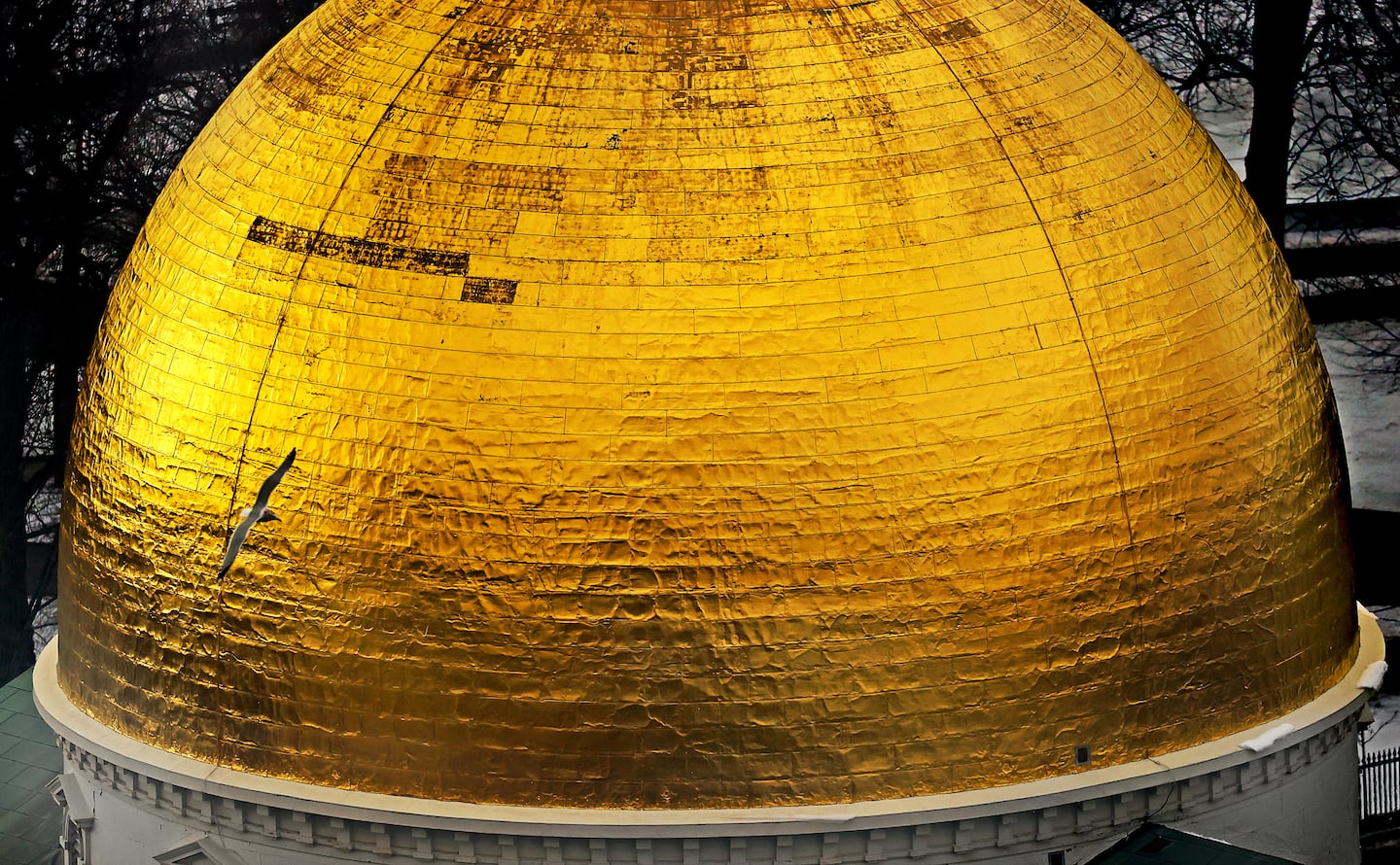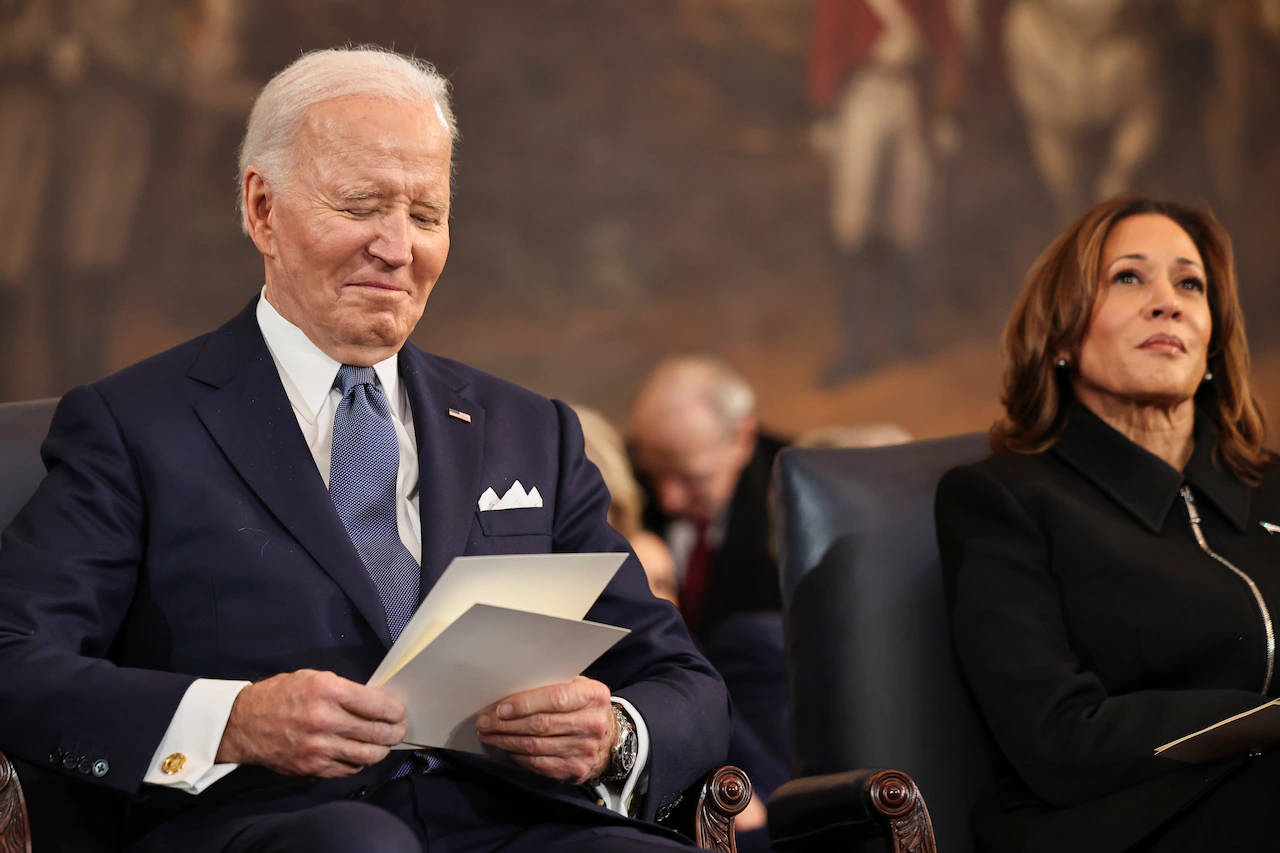
The two-state solution is dead in practice, even if diplomats keep it alive in their talking points. The map no longer allows for a contiguous Palestinian state. Settlements, security roads, and military zones have carved the West Bank into islands. The E1 package (a strategic settlement plan on the eastern flank of Jerusalem) is the clearest indicator of intent. By linking Maale Adumim to East Jerusalem, it severs the West Bank north-south and detaches East Jerusalem from any future Palestinian capital. European capitals long treated E1 as a red line, but Netanyahu is moving ahead anyway, with senior ministers framing it as the final burial of two states. There isn’t enough pressure on Israel to reverse this cartography.
Palestinian politics remain split: Hamas in Gaza, the PA in Ramallah, no unified mandate, and no security architecture either side can enforce. Recognitions by Western governments have stacked up this month, but these are largely symbolic without movement on borders, security, and Israeli domestic politics. Even if the UN General Assembly backs statehood, Security Council dynamics and U.S. positions block full membership. And Israel will still control the borders, airspace, water, food, and energy. Leverage is on the Israeli side, and external recognition does not change the facts on the ground.
There is an effort to rescue the framework. Jordanian diplomat Zeid Ra’ad Al Hussein’s pitch at the UN High-Level Conference proposes (among other…
The two-state solution is dead in practice, even if diplomats keep it alive in their talking points. The map no longer allows for a contiguous Palestinian state. Settlements, security roads, and military zones have carved the West Bank into islands. The E1 package (a strategic settlement plan on the eastern flank of Jerusalem) is the clearest indicator of intent. By linking Maale Adumim to East Jerusalem, it severs the West Bank north-south and detaches East Jerusalem from any future Palestinian capital. European capitals long treated E1 as a red line, but Netanyahu is moving ahead anyway, with senior ministers framing it as the final burial of two states. There isn’t enough pressure on Israel to reverse this cartography.
Palestinian politics remain split: Hamas in Gaza, the PA in Ramallah, no unified mandate, and no security architecture either side can enforce. Recognitions by Western governments have stacked up this month, but these are largely symbolic without movement on borders, security, and Israeli domestic politics. Even if the UN General Assembly backs statehood, Security Council dynamics and U.S. positions block full membership. And Israel will still control the borders, airspace, water, food, and energy. Leverage is on the Israeli side, and external recognition does not change the facts on the ground.
There is an effort to rescue the framework. Jordanian diplomat Zeid Ra’ad Al Hussein’s pitch at the UN High-Level Conference proposes (among other tweaks) a Palestinian state giving Israeli settlers who stay permanent residency under Palestinian law. He also proposes special status for Jerusalem and an international reconstruction mission that reconnects Gaza and the West Bank as a single territorial unit. It sounds good on paper, but it is utterly unrealistic when Israel holds all the leverage and when a Palestinian state has no political foundation.
Washington’s role shifted this week, with the U.S. again using its veto at the UN to shield Israel from a ceasefire resolution. That was expected, but what stood out was the language. Trump told the General Assembly that he would prevent Israeli annexation of the West Bank. That line was designed to calm Arab capitals, for starters. On the Hill, conversation is moving as well. A bloc of House Democrats is preparing a letter pressing the administration to recognize Palestinian statehood. In the Senate, a resolution has been introduced that calls for recognition of a demilitarized Palestinian state. They aren’t meant to be binding. They are meant to force the administration to clarify its position.
Washington is still (this week) protecting Israel in international forums, but simultaneously, it is indicating that it sees some sort of limit to Israeli unilateral actions. So, again, Israel holds all the leverage.



